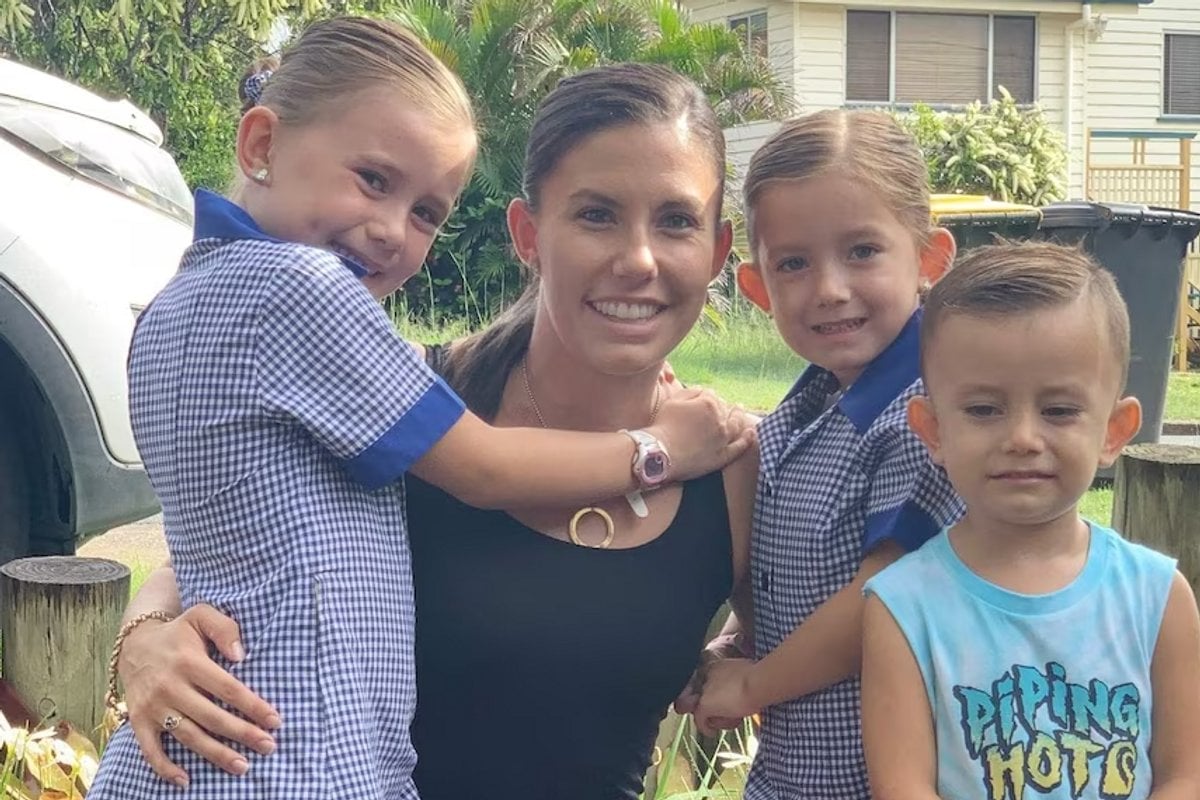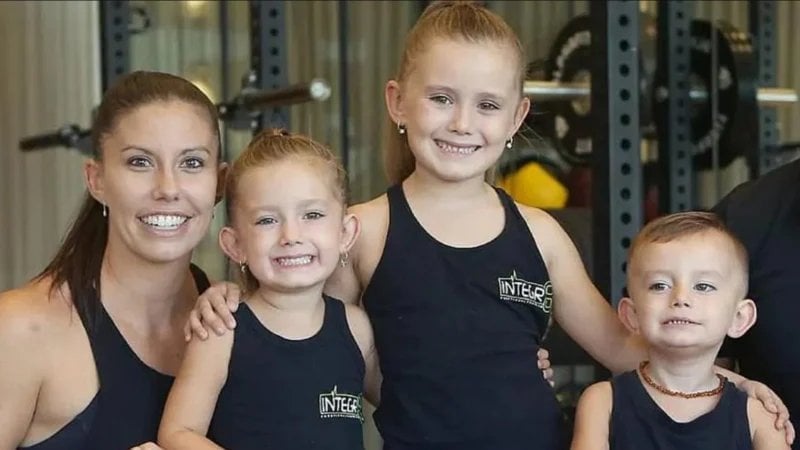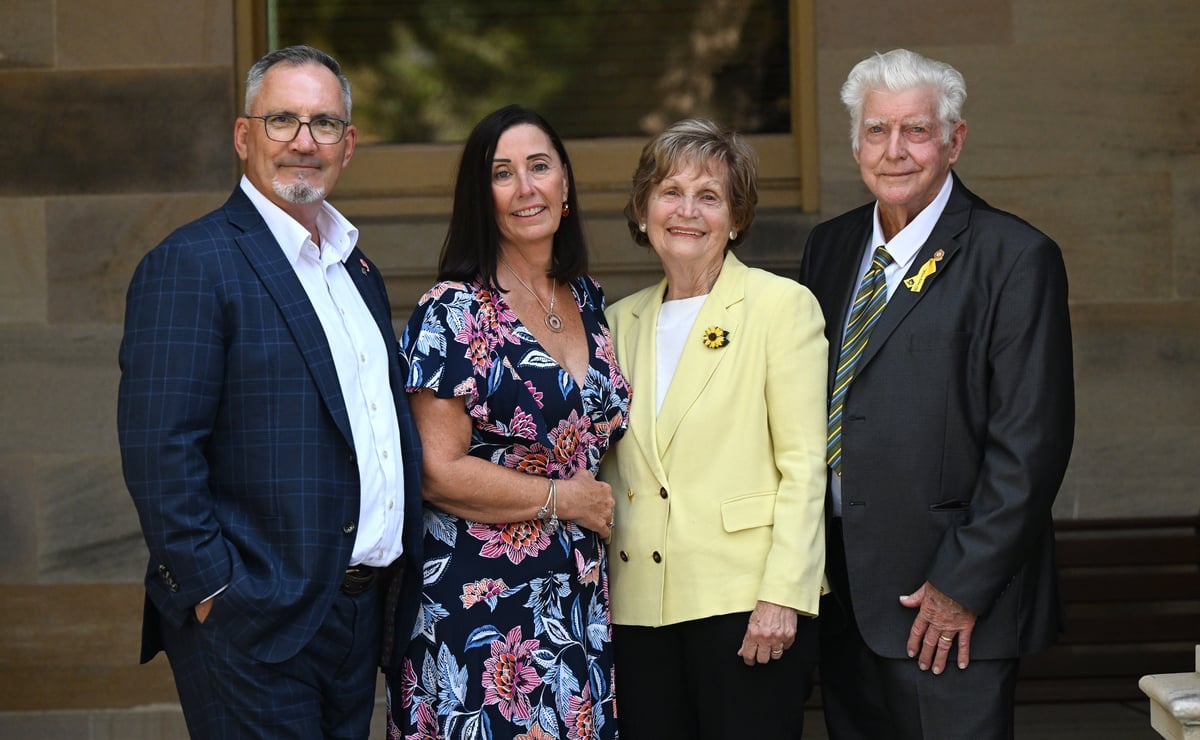
This post deals with the topic of domestic violence and might be triggering for some readers.
In February 2020, Hannah Clarke and her three children, Aaliyah, six, Laianah, four, and Trey, three, were killed by Hannah's estranged husband, after he ambushed her car on the morning school run.
There, in broad daylight on a normally quiet street in Brisbane, he took the lives of the four people he ought to have loved most. Unwilling to live with the consequences, he also took his own.
During what would have been Hannah's final moments, she called her dad, Lloyd Clarke.
"My daughter Hannah phoned me. It's a call that will haunt me until the day I see her again," he wrote for The Australian this week. "When I answered, there was no one on the other end, and I assumed that it was a pocket dial or one of her kids playing with her phone."
Watch: the impact of coercive control. Post continues below.
Just a couple of hours later, police knocked on Lloyd's door, notifiying him and his wife Sue Clarke that their beloved grandchildren had been murdered, and Hannah was dying from her injuries.
"Hannah had survived his cowardly attack, but would succumb to her injuries later that day. Her last act of resistance was to reach out for her dad. But she couldn't talk to me," Lloyd wrote.



Top Comments